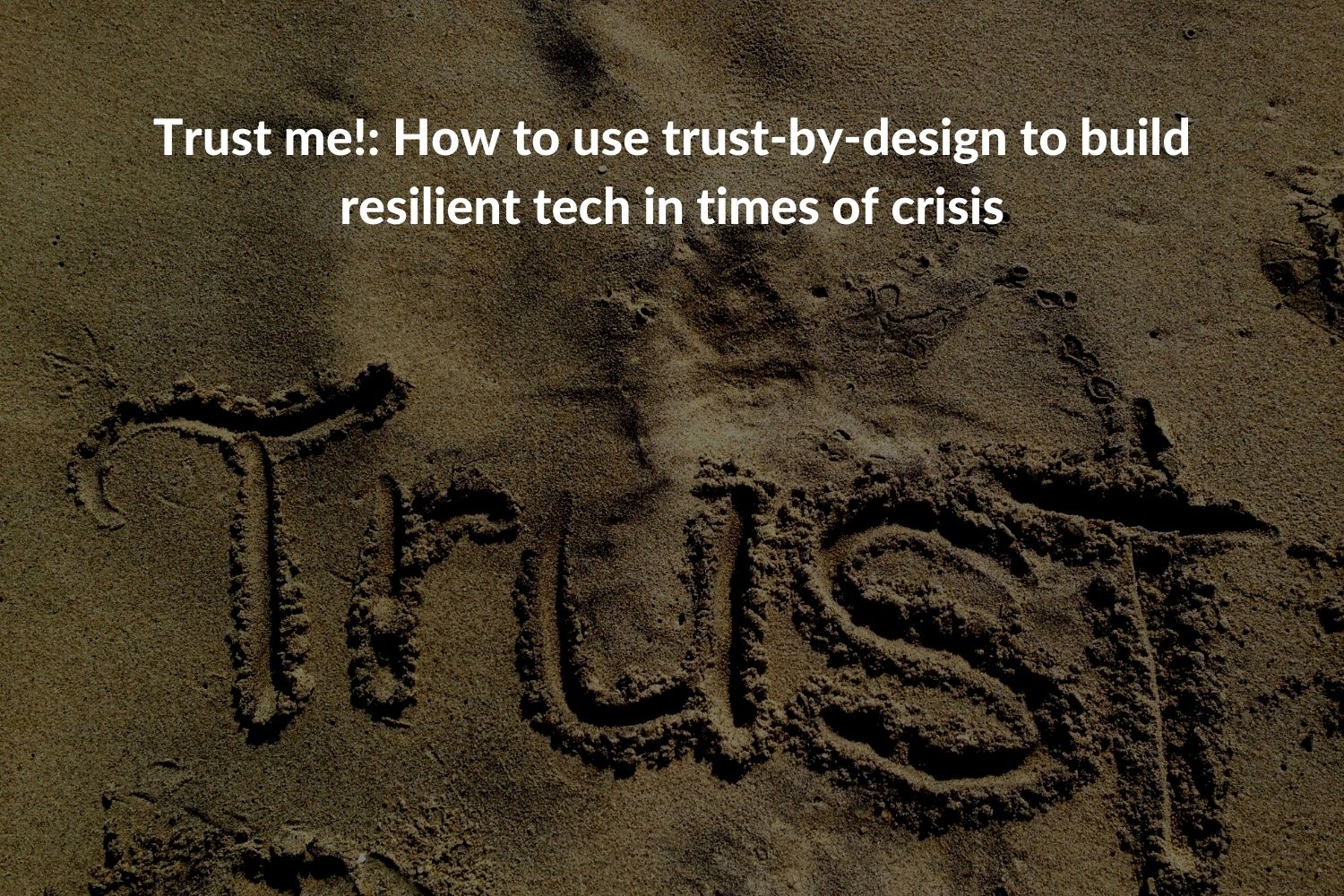
*NOTE: This article was first published July 19, 2020, on Westlaw Practitioner Insights. Republished with permission.
By Gabrielle Paris Gagnon, Esq., and Vanessa Henri, Esq., Fasken, and Abhishek Gupta, Montreal AI Ethics Institute
Abstract
Nations across the world have started to deploy their own contact-and proximity tracing apps that claim to be able to balance the privacy and security of users’ data while helping to combat the spread of COVID-19, but do users trust them? The efficacy of such applications depends, among other things, on high adoption and consistent use rates, but this will be made difficult if users do not trust the tracing apps. Trust is a defining factor in the adoption of emerging technologies, and tracing apps are not an exception. In this article, we argue that trust-based design is critical to the development of technologies and use of data during crisis such as the COVID-19 pandemic. Trust helps to maintain social cohesion by hindering misinformation and allowing for a collective response.
